David shares his thoughts on meaningful work, spotting talent and the complex topic of gentrification. He riffs on developing real estate by reinvigorating beautiful old buildings and how a community developed an independent spirit.
Good work, done well for the right reasons and with an end in mind, has always been a sign, in most human traditions, of an inner and outer maturity. Its achievement is celebrated as an individual triumph and a gift to our societies.
David Whyte, Crossing the Unknown Sea
David Spence is a commercial and residential real estate re-developer in Oak Cliff, Dallas, TX. His specialty is the meticulous re-imagining and re-constructing of beautiful old spaces. If you are familiar with the area, Lucia and Dude, Sweet Chocolate are located in the Bishop Arts Building, his very first project. This is also where the Good Space office is and where we held our interview.
David’s background and credentials include Peace Corp work in Guatemala, an MBA, a law degree and a love (and talent) for fixing up old things. This type of intellectual horsepower, paired with a commitment to community, is not uncommon here in Oak Cliff.
The Integral Nature of Structure, Culture and Individual Capacities
- David cites the historic flooding of the Trinity River, which often isolated the southern sector of Dallas. This isolation required that residents develop a sense of independence and resourcefulness. This isn’t exactly the same thing as grit, but those who built successful lives in Oak Cliff likely had it. Even today one has to work a little harder for access to services and other basics of life when they live in Oak Cliff.
A Complex Perspective
David shares experiences and opinions on balancing progress and preservation and on gentrification. These are complex topics, as opposed to complicated ones. Knowing the distinction is important if your desire is to make lasting change.
- Progress and Preservation could also be studied through Polarity Management. In short, two positive outcomes (here, progress and preservation) are seen as opposites that can be managed rather than considering them as either/or. The intent is to maximize the positives of each pole and minimize the negative.
Meaningful Work
As a kid, David would create useful items, like lamps, out of trashcan finds. He has always been able to see new uses for old things. Today it’s buildings – and he’s really good at it!
Our long-time interests and passions are often clues to our purpose. Have you identified yours? How does it get expressed?
How do you feel about ‘meaningful work’, and do you have it? How do you expand your focus and energy beyond your goals and tasks, to include elevating others? Do you find ways to invest in a community of which you are a member?
Illustrations of David – What happened before recording…
Stakeholder Orientation
Before we started, David made a quick call to a residential neighbor of one of his commercial tenants, a small, thriving bar on West Davis Street. The tenant’s lease is coming up for renewal and before he renews it David wants to make sure they are good neighbors. Parking can be an issue in Oak Cliff and the resident tells David that sometimes the bar customers infringe on his property with their parking choices. David offers to yellow-stripe the street so that this doesn’t continue to happen. This gesture serves everyone: the neighbor, David and his tenant, the thriving bar. David is a master at tending to his stakeholders.
It’s a good practice to be consistently aware of those whom your business impacts through stakeholder mapping. Most all businesses have the following stakeholders: customers, employees, community, environment, shareholders. Adding vendors and regulatory agencies is a common practice.
Links:
Polarity Management:
https://rise-leaders.com/polarity-management-summary-introduction/
Stakeholder map:
